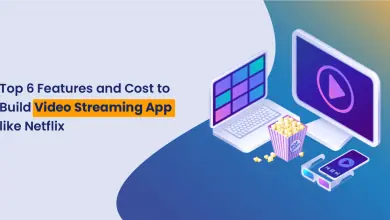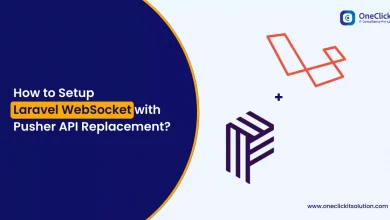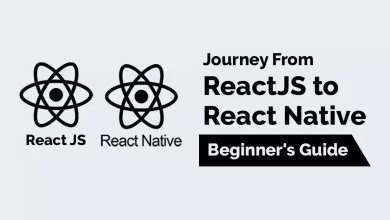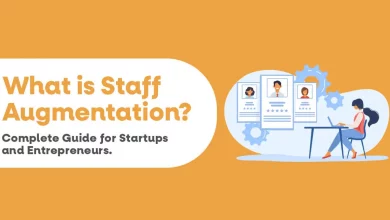What is Flutter? The Ultimate Guide for Beginners
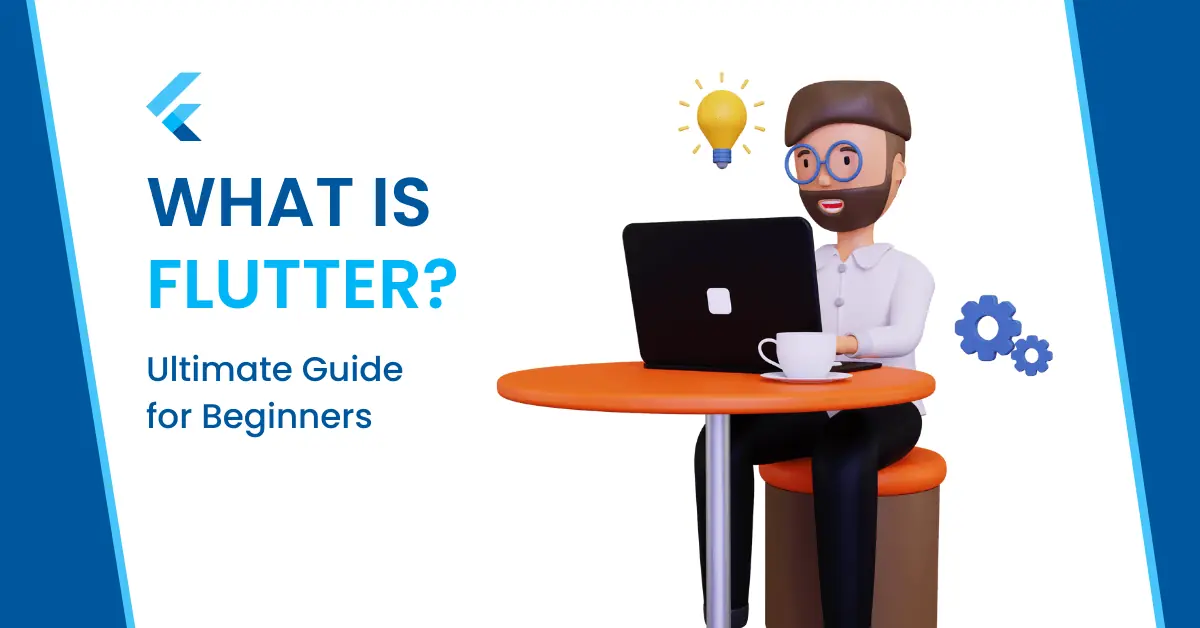
What is Flutter?
Flutter is a mobile app SDK (Software Development Kit). What does that mean? It means that Flutter allows developers to create in their natural programming language and compile to native code. Also, they can make a high-quality, native, and fast-functioning app for free on iOS and Android.
Flutter is written in the Dart programming language, which offers quick compilation times, server code generation with near-zero runtime overhead, and full support for multi-threaded programming.
Flutter as a project was developed by Google to help developers build their own apps swiftly with great user interfaces. It was announced at Google I/O 2017 as an open-source SDK that can be used on either Android or iOS platforms. Flutter apps can be built visually using in-app editors or by coding. Flutter is becoming increasingly popular due to its ability to create stunning UIs with smooth animations. It is mainly used as a framework for developing mobile apps.

History of Flutter
Google announced the release of Flutter beta on Feb 22, 2016, and version 1.0 on September 20th, 2017. They also provide starter kits for platforms like Android, iOS, and Windows Platforms with Dart and C++ programming languages respectively. The SDK’s documentation provides detailed instructions on how to use it as well as tutorials for each new element in the toolkit. Google often holds workshops that teach developers how to use the framework in their projects.
The developers at Google were faced with the issue of creating a mobile app for several Android phones. The first versions of Flutter started with an objective to create the fastest way possible to make native code. They wanted to create an SDK that would not be tied to any specific phone and could be used by all phones.
The framework is being created as a way of giving back to the community and provide free of cost to developers from needing to support every platform and device, and empowering them with all the tools they need in order to turn their idea into reality. With Flutter, they no longer have to worry about how their app will look and run on all devices or what device it will run on.
Currently, it is possible to run on any mobile OS, with the exception of Windows Phone, without needing to implement a customized version of the app. The framework is completely integrated with Google Cloud Platform and uses semantic versioning for safety.
New Features in the Preview Channel
Flutter v1.2.2 is the first release in the 1.3 series and contains a number of bug fixes, performance improvements, and other enhancements across the framework and in-app navigation experience.
1. Building Apps with Flutter Builder
As we announced at I/O, we’re proud to introduce Flutter Builder, a command-line tool for building your app that generates files for your IDE or text editor of choice so you can build apps more quickly and efficiently than ever before.
2. Flutter Plugin for IntelliJ
Flutter on IntelliJ is now available in the CE and Ultimate editions. The plugin supports hot-reloading, code completion, and full debugging for both iOS and Android apps.
3. Hot Reload 3D Touch menu
You can added a new hot reload menu to the bottom of the screen when you’re running an app on your device. You can just press harder on the app icon to access it!
4. Native Map Support for MapView and MapActivity
Maps are now natively supported in Flutter. You can now use built-in maps as you would use on iOS or Android.
Why Choose Flutter on Your Next Project?
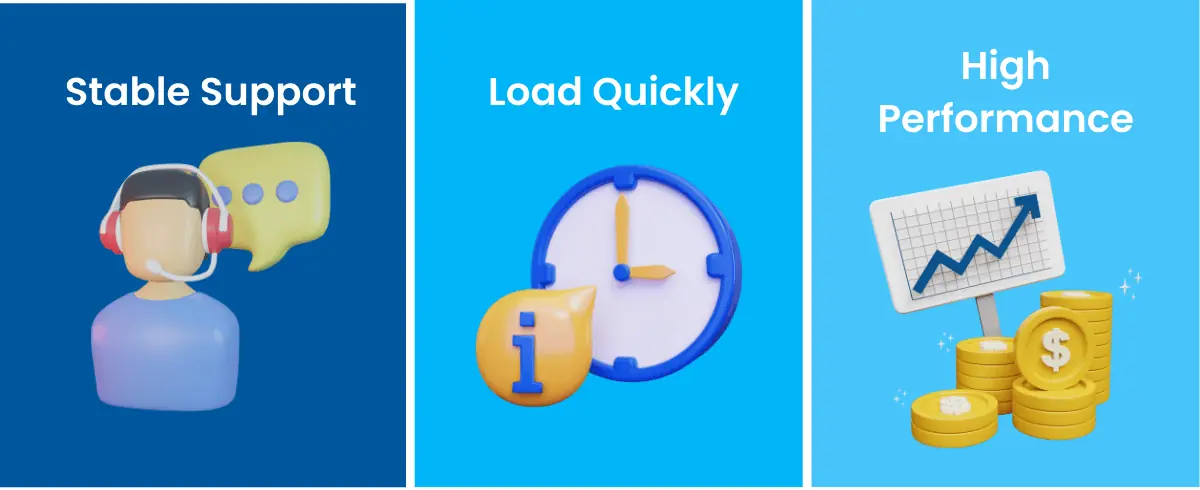
1. Loads Quickly
It’s written in Dart, a language developed by Google for the natural development of apps. It loads quickly and has an application topology similar to Android (multiple activities/fragments).
2. High Performance
Flutter pushes out great performance on multiple devices as well as pushing out a native code result from an optimized binary (similar to React Native).
3. Stable Support
As Flutter is a young product, their objective is to create a positive experience for developers and users, making the SDK easy to use and reliable.
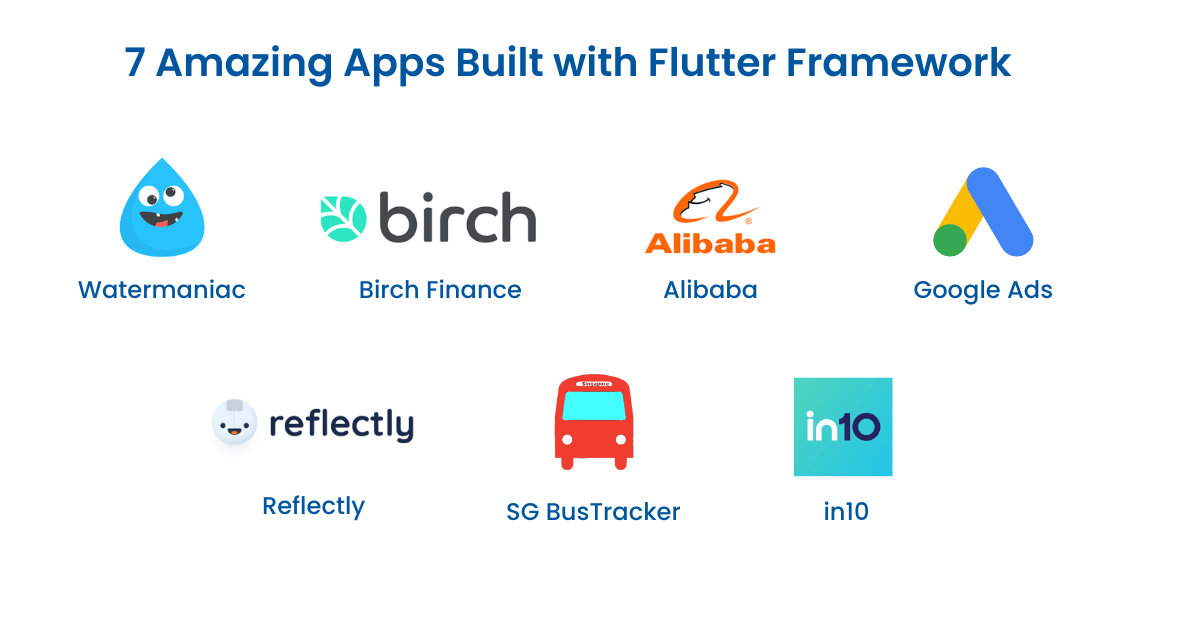
Core Benefits of Flutter Development
1. Write once, run anywhere – developers can see their app running on iOS or Android devices with the same code.
2. LoopBack framework – the core of the Flutter engine works with LoopBack to provide SDKs and databases with any capabilities.
3. Develop apps that run on both iOS and Android platforms (cross-platform development) simultaneously; it even allows you to open one project in both environments and test code at the same time.
4. No need to install any extra plugins or libraries as Flutter package them all for you.

Conclusion
The Flutter app development platform is the newest and most prominent technology for creating native or cross-platform mobile apps. The beauty of this system is that it is able to code in both web and native languages like Java, Kotlin, or Swift to produce the perfect balance of cross-platform capabilities and speed.
So if you need an app with a robust set of features that can work on both Android and iOS devices, then Flutter might be your best option. And while it’s not without its faults (some design elements take more time than you might prefer), it still has a lot going for it. Find experienced Flutter developers for your project and bring your app ideas to life.


